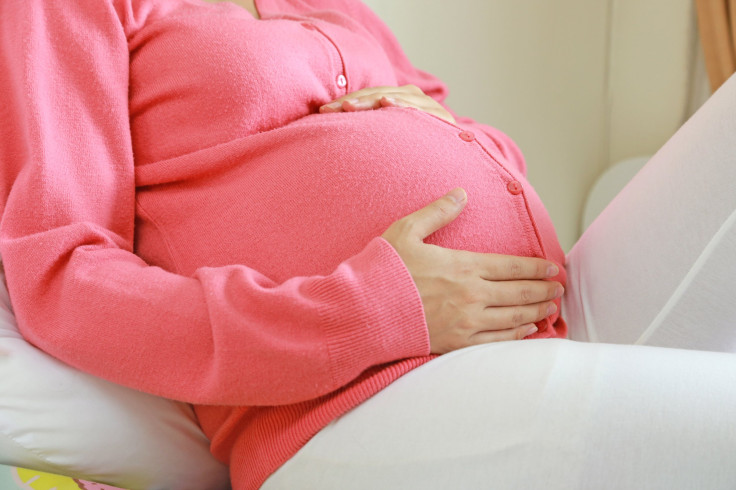PCOS Now Linked To Inflammation During Pregnancy; May Also Be Factor In Other Pregnancy Conditions

Polycystic ovary syndrome affects between one in 10 and one in 20 women of childbearing age. In the United States alone, there are as many as five million women affected. The condition is also the number one cause for infertility in women. A new study has found that women with PCOS are more likely to experience chronic low-grade inflammation during pregnancy.
A team of researchers recently tracked the biological markers of inflammation in 150 pregnant women who had PCOS and 150 pregnant women of the same age and body size who did not have the condition, a recent press release reported. Results showed that the expectant mothers with PCOS had higher markers of inflammation, including increases in white blood cell counts and C-reactive protein well above what is perceived as normal. "Women who have PCOS often exhibit low-level inflammation," said one of the study's authors, Stefano Palomba, in the press release. "Our research found this state of inflammation worsens during pregnancy."
Polycystic ovary syndrome causes women to have infrequent or prolonged menstrual periods. They experience increases of androgen, which will cause them to grow excess hair, have acne, and contribute to obesity. For young women, inconsistency in the menstrual cycle may signal the condition’s presence. Older women may have difficulty becoming pregnant or may suddenly gain a large amount of weight for no apparent reason. The condition is known to raise the risk of long-term conditions such as type 2 diabetes and heart disease.
Inflammation during pregnancy may be caused by an increase in immune system activity, Medical News Today reported. Having high levels of stress and low support during a pregnancy can also lead to inflammation during pregnancy, according to a recent study from the University of Denver at Colorado.
Inflammation in pregnancy can be a sign of worse to come. "Other studies have identified a connection between inflammation biomarkers and pregnancy complications such as pre-eclampsia and gestational diabetes," Palomba explained. Preeclampsia is marked by a sudden increase in blood pressure and severe headaches. Gestational diabetes affects how the woman’s cells use sugar. Preeclampsia can threaten the lives of both mother and child, and gestational diabetes, although less severe, can also affect the child’s health. The study’s authors suggest that, based on their findings, PCOS may also be a factor in the development of these conditions.
Source: Palomba S, Falbo A, Chiossi G, et al. Low-Grade Chronic Inflammation in Pregnant Women With Polycystic Ovary Syndrome: A Prospective Controlled Clinical Study. The Journal Of Clinical Endocrinology & Metabolism. 2014.
Published by Medicaldaily.com



























